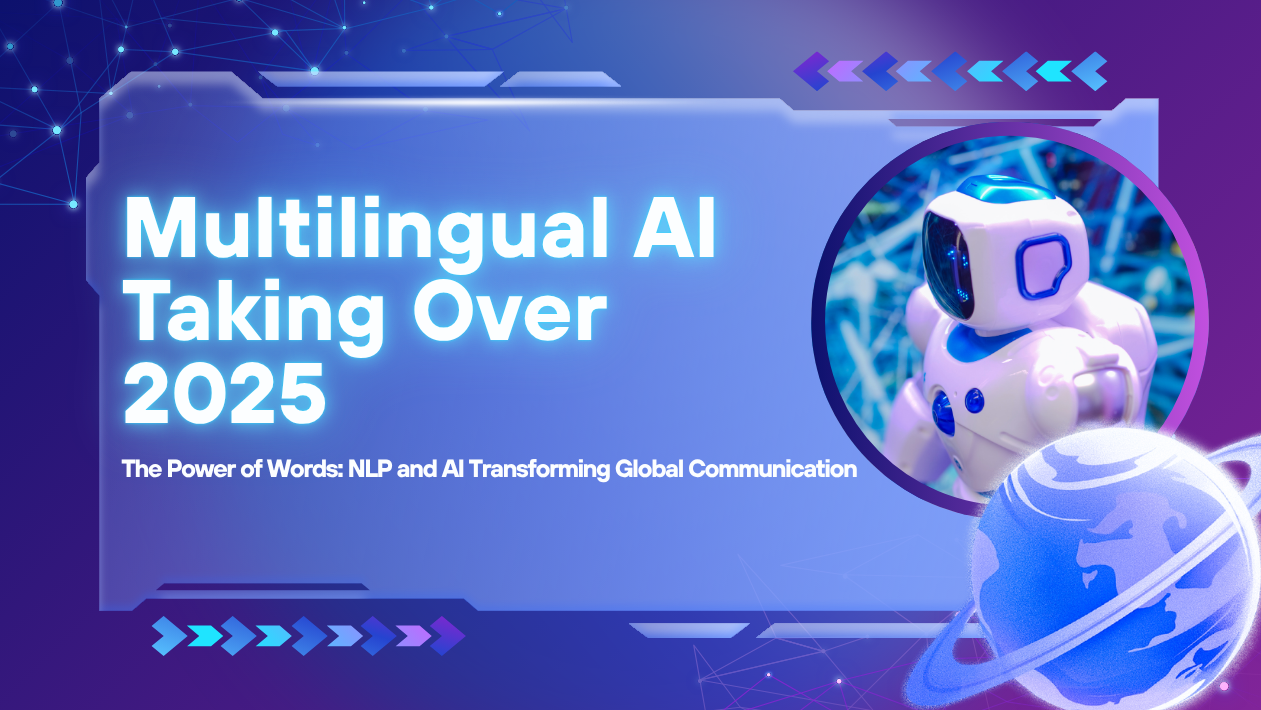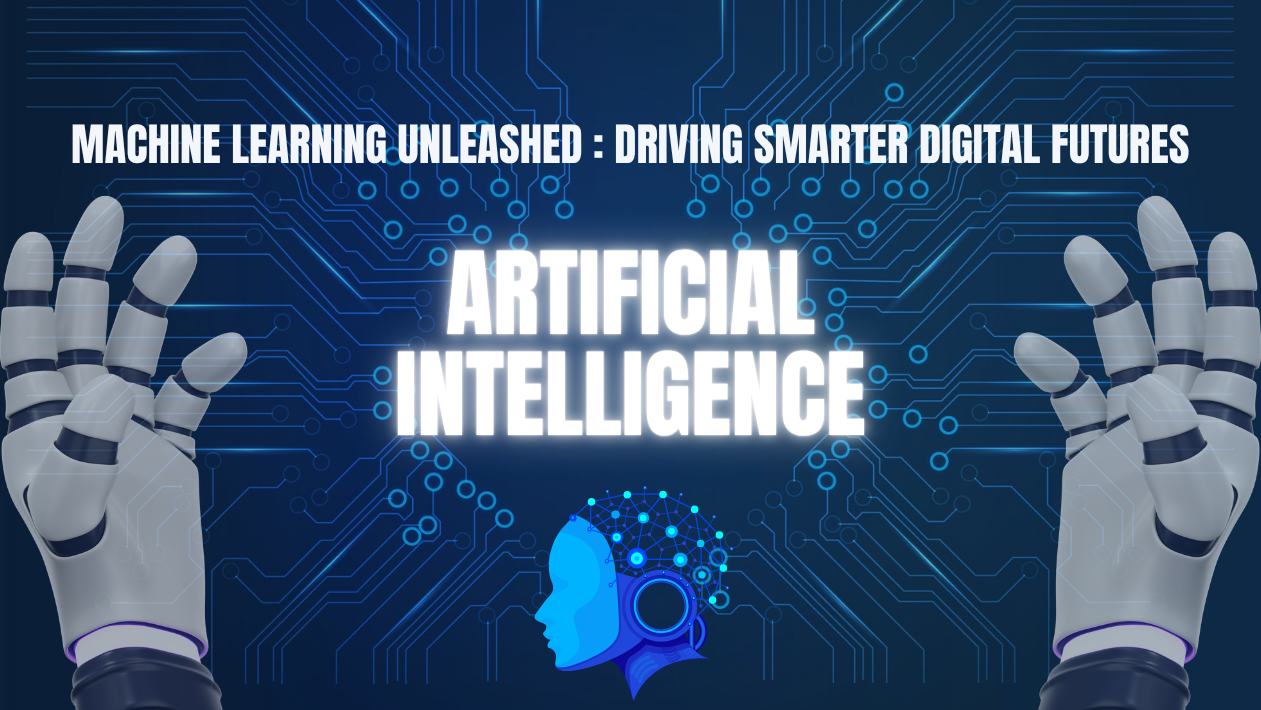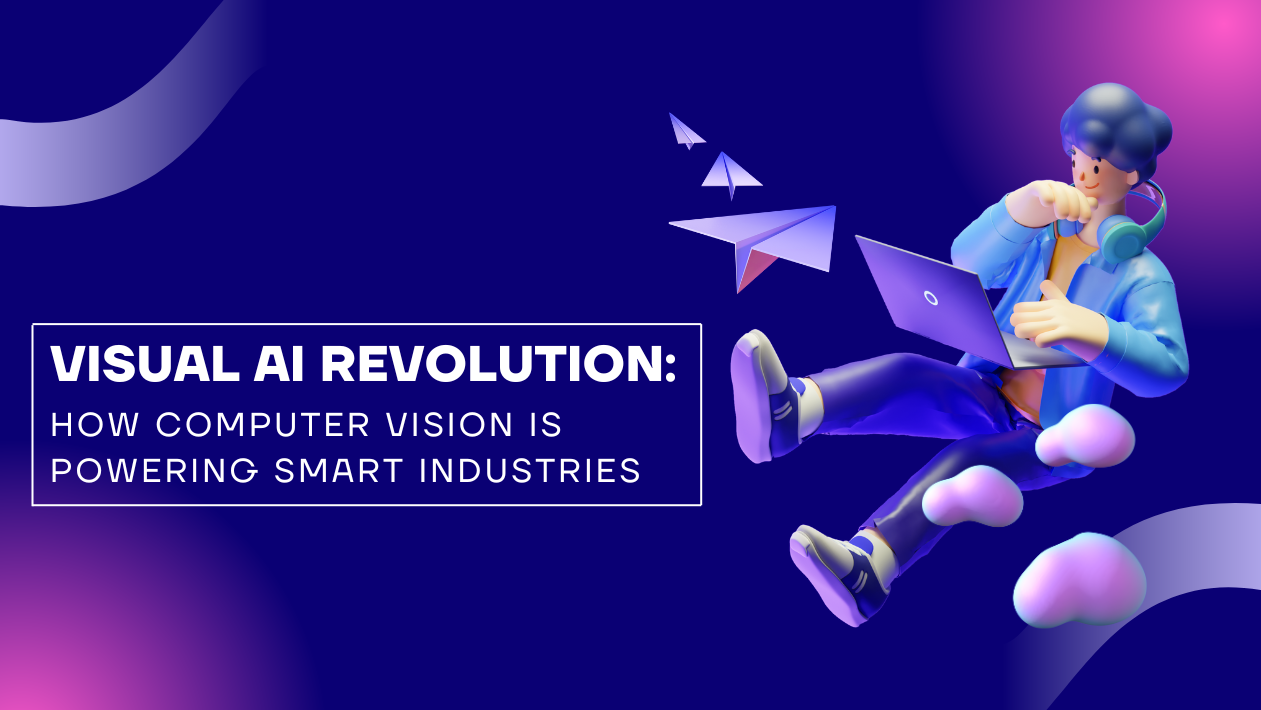As Artificial Intelligence continues to permeate nearly every industry, the ethical implications of its growth become more urgent and complex. The future of AI ethics is not solely about solving current problems—it’s about preparing for an evolving landscape filled with unprecedented capabilities, new power dynamics, and unfamiliar risks. For B2B enterprises like The Tech Whale, understanding and anticipating these changes is crucial to fostering responsible AI development and usage.
Emerging Ethical Challenges
AI’s rapid advancement brings a new generation of ethical challenges. Emerging technologies such as generative AI, autonomous agents, and neuro-symbolic systems push the boundaries of what machines can do. These capabilities raise difficult questions about agency, consent, identity, and the limits of machine autonomy. As AI systems begin to make decisions in legal, financial, medical, and creative contexts, establishing robust ethical guardrails is no longer optional—it is imperative.
Algorithmic Influence on Human Behavior
With the growing sophistication of recommender systems and behavioral prediction algorithms, AI is not just observing human behavior—it is influencing it. This gives rise to profound concerns about manipulation, nudging, and the erosion of authentic decision-making. For instance, targeted advertising or AI-curated content can amplify confirmation bias and polarize public opinion.
AI and Employment Ethics
The impact of AI on the workforce is a subject of continuing debate. Automation will displace some jobs while creating others, but the ethical issue lies in how organizations manage this transition. Equitable reskilling programs, proactive communication, and ethical automation policies will determine whether AI’s impact on employment is inclusive or exploitative.
The Data Dilemma
Ethics in AI is inseparable from the data it uses. Biased training data results in biased outcomes—something that can damage lives, marginalize groups, and institutionalize discrimination. As AI models are increasingly trained on multimodal data from public and private sources, ethical data stewardship becomes central to AI governance.
Opportunities for Societal Good
Despite these challenges, AI also presents incredible opportunities for positive societal impact. From accelerating medical diagnostics to enhancing accessibility for people with disabilities, AI can be a force for inclusion, innovation, and resilience. Ethical AI can play a central role in addressing climate change, food insecurity, and global health challenges.
AI for Global Equity
AI should not just benefit the wealthiest nations and companies. The future demands that we develop globally inclusive AI systems that work across languages, cultures, and economic contexts. Ensuring equitable access to AI tools and platforms will help bridge the digital divide and promote global cooperation.
Adaptive Ethical Frameworks
Traditional ethical frameworks may struggle to keep up with AI’s speed. The solution isn’t just more rules—it’s smarter, more adaptive ones. Just as AI systems learn and adapt, so must the ethical systems that govern them. This calls for iterative, context-aware guidelines that evolve alongside technological capabilities.
Continuous Human Oversight
The concept of “human-in-the-loop” will remain a central tenet of ethical AI. Even as automation expands, final accountability should rest with humans. Designing systems that facilitate oversight, auditability, and explainability will be key to maintaining control and trust.
Explainable and Transparent AI
The “black box” problem—where AI decisions are made without clear explanation—poses serious ethical concerns. In high-stakes industries like healthcare, finance, and justice, explainability is not a luxury; it’s a necessity. Businesses must prioritize investments in explainable AI (XAI) to remain trustworthy and compliant.
AI and Power Concentration
As AI development becomes more resource-intensive, it risks concentrating power in the hands of a few large corporations. Ethical AI must address not only algorithms but also structural issues—like monopoly, surveillance capitalism, and geopolitical AI races. Decentralization and open-source initiatives offer one way to mitigate this trend.
Ethical Procurement and Vendor Selection
For B2B organizations like The Tech Whale, evaluating AI ethics shouldn’t stop at internal projects. It’s just as important to assess the ethical standards of technology partners and vendors. A robust procurement policy that includes ethical benchmarks can prevent reputational and legal risks.
Regulatory Horizon
Governments worldwide are accelerating AI regulations—from the EU’s AI Act to China’s algorithm governance laws. Staying ahead of the regulatory curve requires proactive compliance strategies, policy engagement, and investment in internal ethical review boards.
Ethical Leadership in AI
Business leaders have a critical role in embedding ethical AI into company culture. Ethical considerations must move from compliance checkboxes to boardroom strategy. Ethical leadership involves vision, courage, and a commitment to human-centered innovation.
Ethical Innovation as a Competitive Advantage
Ethical AI is no longer just about avoiding harm—it’s a differentiator. Companies that lead with ethical design, transparency, and inclusivity will gain customer trust, attract top talent, and open new market opportunities. Forward-thinking clients want partners who align with their values.
Cross-Disciplinary Collaboration
The future of AI ethics depends on collaboration across disciplines—ethicists, technologists, social scientists, policymakers, and industry stakeholders must work together. Diverse viewpoints can mitigate blind spots and help build well-rounded ethical frameworks.
AI Literacy and Public Engagement
Educating the public about AI is essential for ethical development. Misunderstanding breeds fear, while informed citizens can engage in productive dialogue. AI literacy programs for businesses, policymakers, and consumers will promote transparency and democratic participation.
Scenario Planning for Ethical Risks
Rather than reacting to crises, companies should conduct scenario planning to identify and mitigate ethical risks in advance. This includes assessing “what-if” cases involving model failure, bias exposure, adversarial attacks, and regulatory challenges.
Building a Resilient Ethical Infrastructure
Ethical AI is not a one-off project—it’s an ongoing infrastructure that includes governance policies, compliance checks, monitoring systems, feedback loops, and continuous training. Ethical resilience means preparing for the unknown, not just complying with what’s known.
The Road Ahead for “The Tech Whale” At The Tech Whale, we see ethical AI not as a constraint, but as a compass for innovation. We are committed to embedding ethics into every stage of our AI lifecycle—from data sourcing and model development to customer engagement and partner collaboration. Our mission is to empower businesses with AI tools that are transparent, inclusive, accountable, and sustainable.





